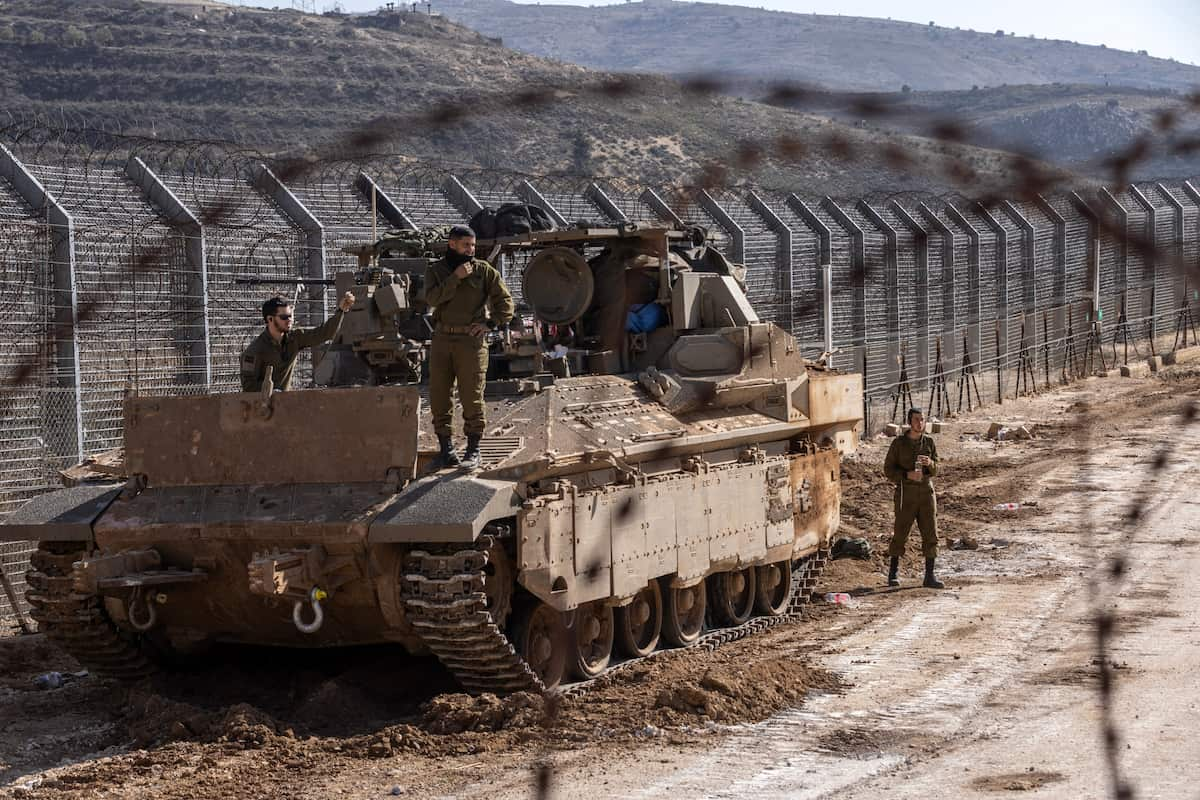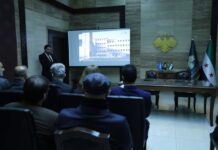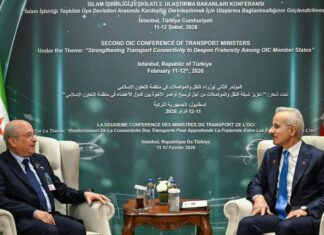
Israel’s occupation and attacks on liberated Syria following the fall of the Bashar al-Assad regime have drawn sharp criticism from international powers and raised questions about its intentions in the region. While Israeli Prime Minister Benjamin Netanyahu has framed the actions as essential to security, neighboring countries, and global organizations are voicing strong opposition to what they see as violations of Syrian sovereignty.
Since the ousting of Assad, Israeli forces have escalated their presence and airstrikes across Syria, targeting military sites and strategic installations. The Israeli army has moved into southern Syria, occupying parts of the buffer zone established under the 1974 disengagement agreement. Israeli tanks were reported to have reached as far as the city of Al-Baath in Quneitra province, and airstrikes have targeted radar installations, air defense systems, and military brigades in Daraa and beyond.
Netanyahu justified the strikes by comparing them to historical British operations against Nazi-aligned forces in World War II. He stated that the goal is to prevent strategic weapons left by the former Assad regime from falling into the hands of “jihadists”. He warned the new Syrian authorities against allowing Iranian weapon transfers to Hezbollah in Lebanon. “If this regime allows Iran to re-establish itself in Syria, we will respond forcefully,” he said.
The international community has reacted with alarm. A spokesperson for UN Secretary-General António Guterres reiterated that the Golan Heights remains “occupied territory” under international law and condemned any attempts to exploit Syria’s instability for territorial gains. Turkish Foreign Minister Hakan Fidan strongly criticized Israel’s “expansionist mentality,” warning that its actions jeopardize Syria’s sovereignty and the broader regional peace process.
Qatar echoed similar sentiments, with a government spokesperson condemning Israel’s “exploitation of the current situation in Syria” and calling for the protection of Syrian territorial integrity.
The US has taken a more cautious stance, with the State Department acknowledging Israel’s security concerns but emphasizing the need to ensure that military actions “do not hinder Syria’s transition to peace and stability.”
Despite the military incursions, Netanyahu has expressed interest in engaging diplomatically with Syria’s new government. He stated, “We have no intention of interfering in [Syria’s] internal affairs,” but emphasized Israel’s right to act to protect its borders and prevent threats. Israeli officials confirmed ongoing discussions with “Syrian groups,” including Kurdish and Druze representatives, signaling attempts to influence Syria’s evolving political landscape.
Turkey and other critics have accused Israel of seeking to use Syria’s instability to expand its territorial control and secure access to strategic resources, such as oil fields in eastern Syria controlled by US-backed Kurdish forces. Turkish officials also expressed fears that Israel’s actions could derail efforts to unite Syrian factions under a new, inclusive government.
Meanwhile, Israel maintains that its control of the buffer zone is “temporary and necessary” for border security. However, critics view this as part of a long pattern of occupation. The Golan Heights, a region Israel annexed in 1981 in a move largely unrecognized by the international community, remains a flashpoint in this debate.
As Israel continues its operations, the situation on the ground remains volatile. The Syrian transitional government has yet to issue a formal response, and regional powers are closely monitoring developments. The question remains whether Israel’s actions will achieve the security Netanyahu envisions or exacerbate tensions in an already fragile region.
International observers are urging restraint, emphasizing the importance of Syria’s sovereignty during this critical transitional period. Whether these calls will be heeded remains uncertain as the region braces for further developments.








